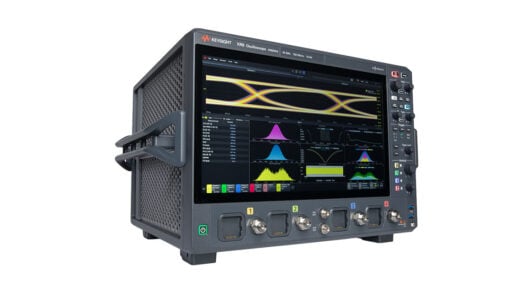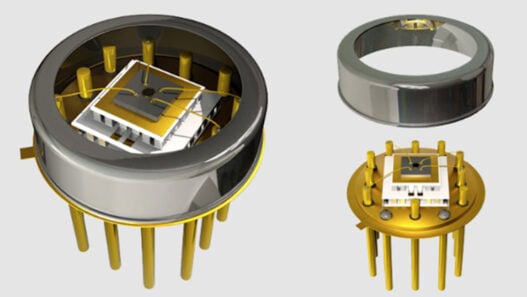By optimising fertilisation to predicted biosynthesis needs instead of focusing on soil nutrition, the plant growth time and medical compound concentration was increased significantly. These are among the new Artificial Intelligence, Electronics and Optoelectronics inventions and research that will soon be unveiled at the Futex Taipei 2019 exhibition. Futex Taipei 2019 runs from December 5th to 8th, 2019 at the Taipei World Trade Centre, Hall 1 in Taipei, Taiwan. The event organiser is the Ministry of Science and Technology (MOST) of Taiwan.
Futex Taipei 2019 focuses on meeting the needs of innovating tech through AI. This exhibition lets us learn about cutting edge research that is also practical, and helps ordinary people understand how science could change their lives. In addition, the event acknowledges and rewards the research teams from academia and institutions who are building these critical tools and technologies of the near future. Futex Taipei 2019 will show Taiwan’s revolutionary breakthroughs in optoelectronics, electronics and artificial intelligence.
According to the World Economic Forum’s Global Competitiveness Report for 2019, in the ‘Innovation capability’ category, Taiwan ranks fourth globally for the key competitive attribute behind Germany, the United States, and Switzerland. It claimed 12th place out of 141 economies overall.
Researchers at National Tsing Hua University have been working on SST-MRAM. A sophisticated mechanism was created by a team working to improve semiconductor processing. The process boosts switching efficiency, create data failure data analysis records to increase the life of the device. The proposal aims to integrate all research resources with regards to MRAM and encourages MRAM research.
At the National Taiwan Ocean University, the team created an AIoT smart aquaculture management system. AI is used to optimise aquaculture management system to reduce the cost of feeding, reduce energy consumption and increase production. The concept is also to track the trajectory of fish and monitor for abnormal behaviour.
National Tsing Hua University also showcases a biomedical theragnostic chip for neural disorders. It functions as an implantable device to treat Parkinson’s disease, depression, dementia, and monitor physiological signals. This device can accelerate pre-clinical data collection and verification.







